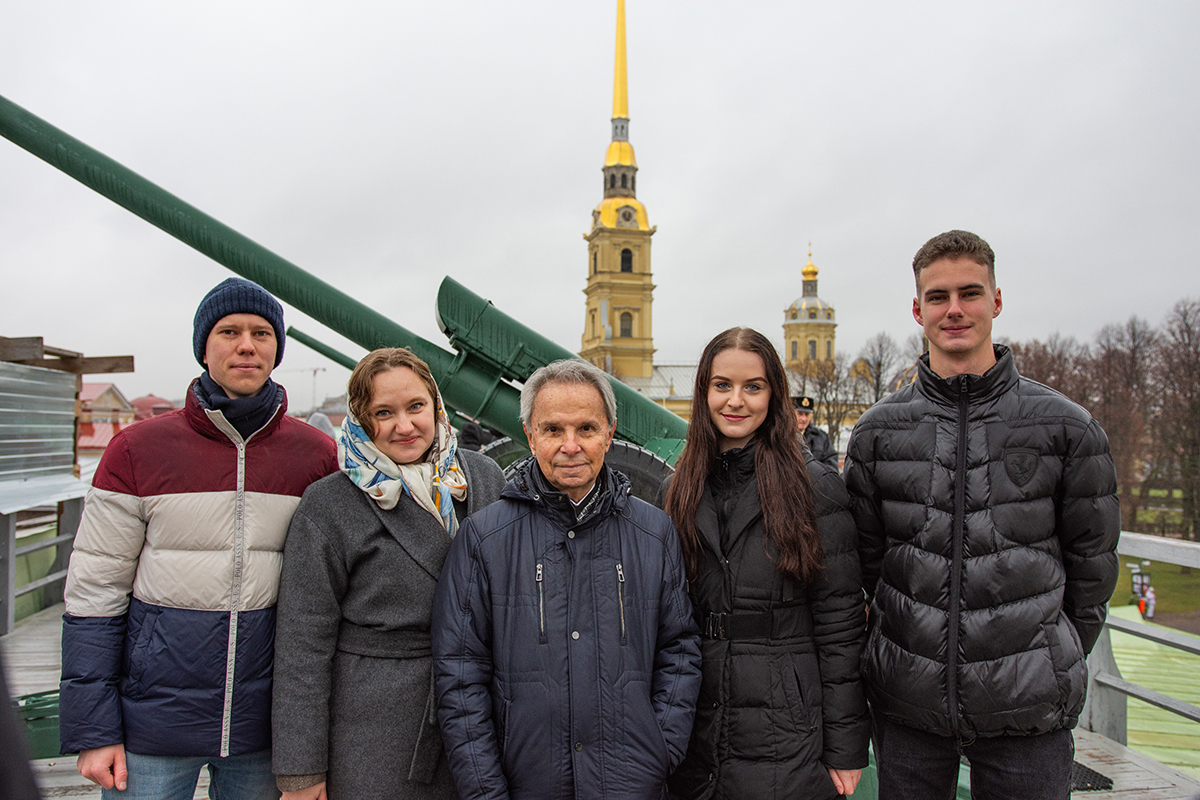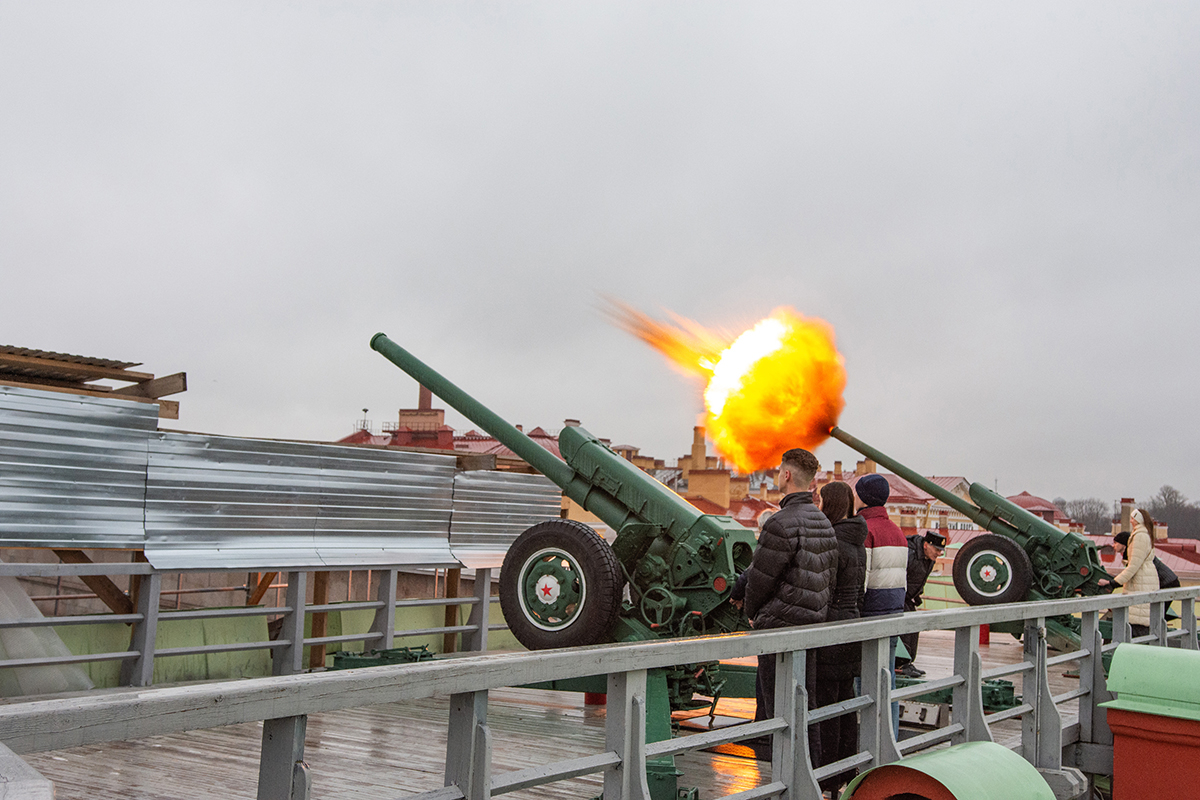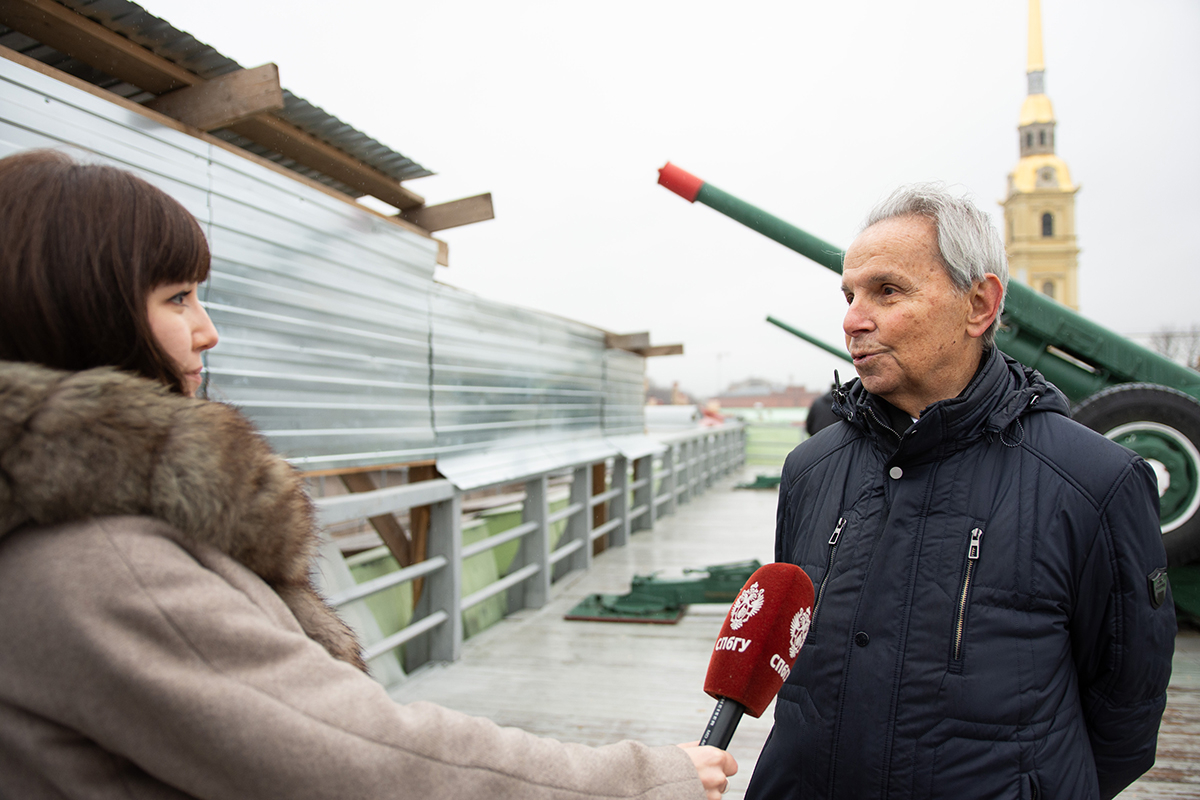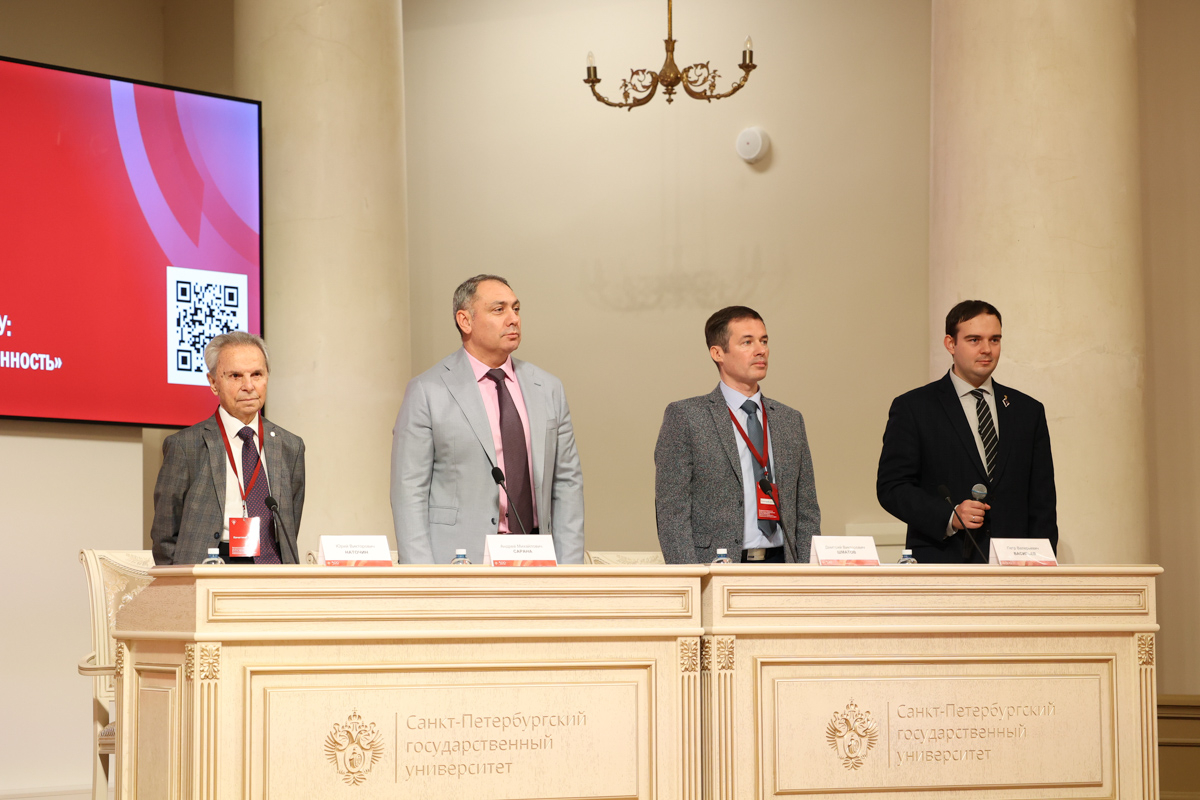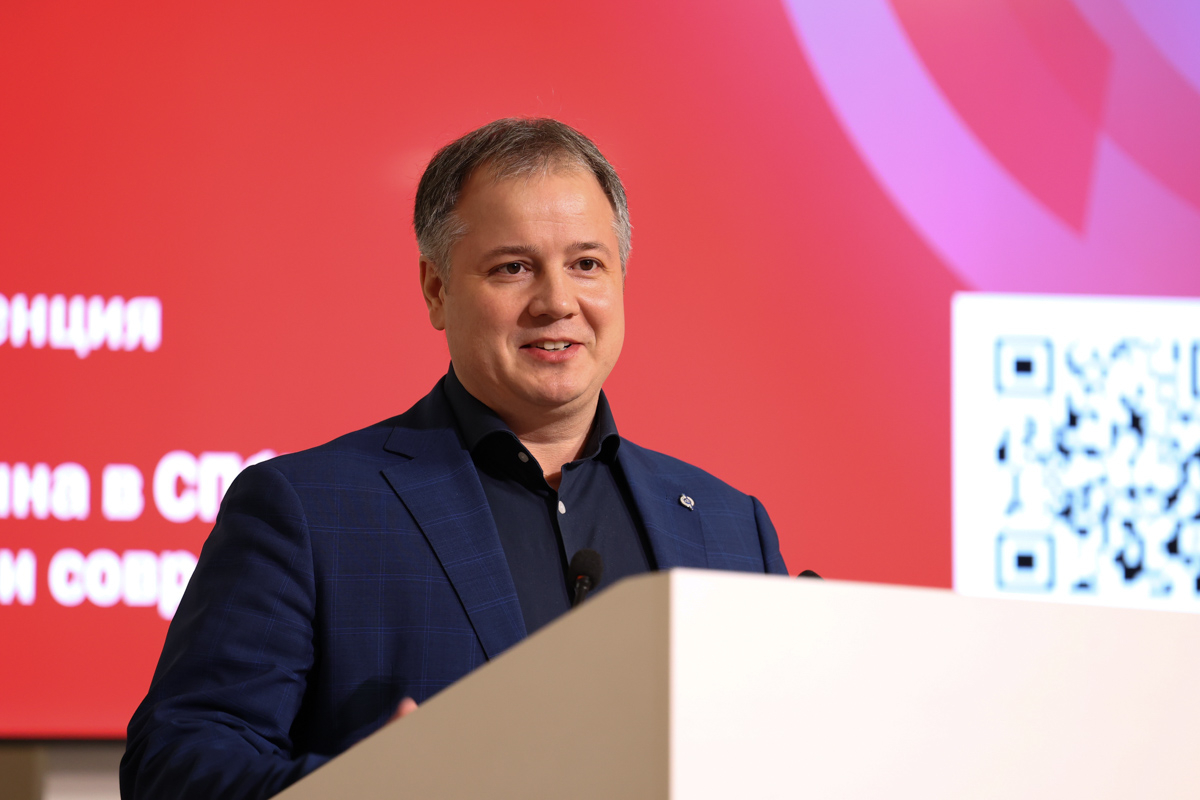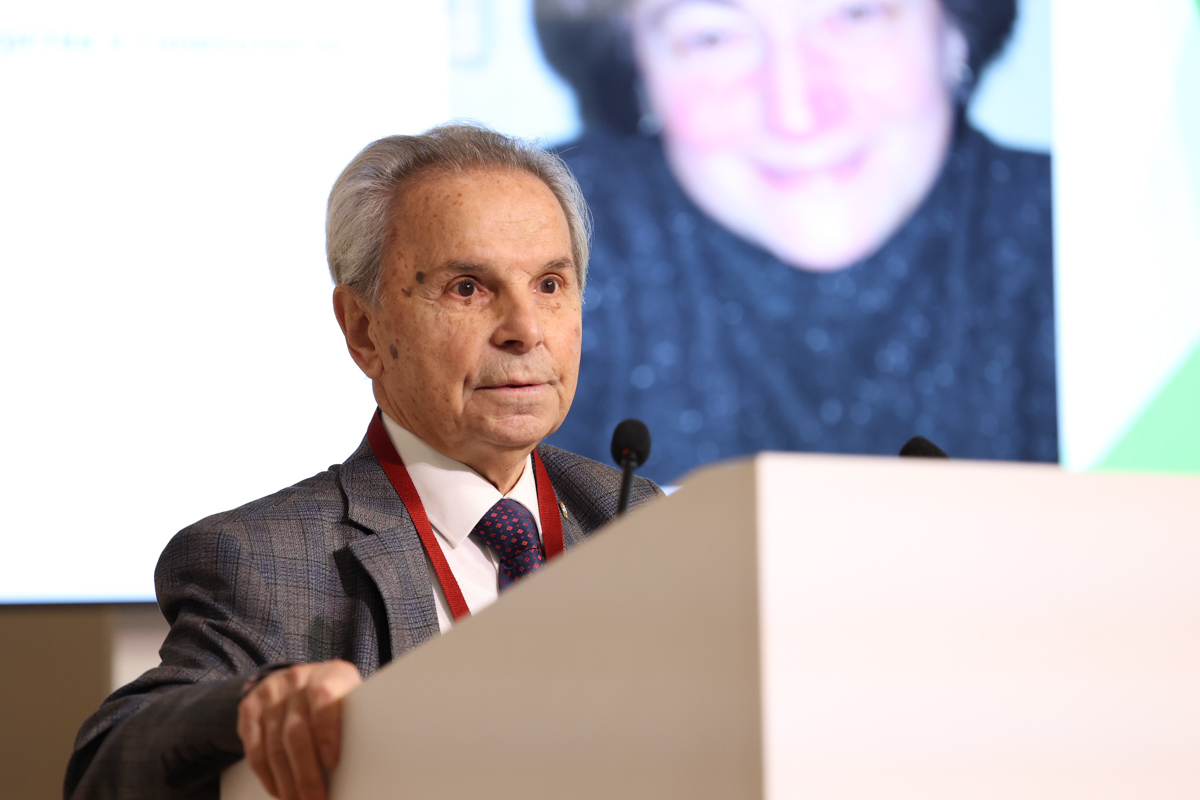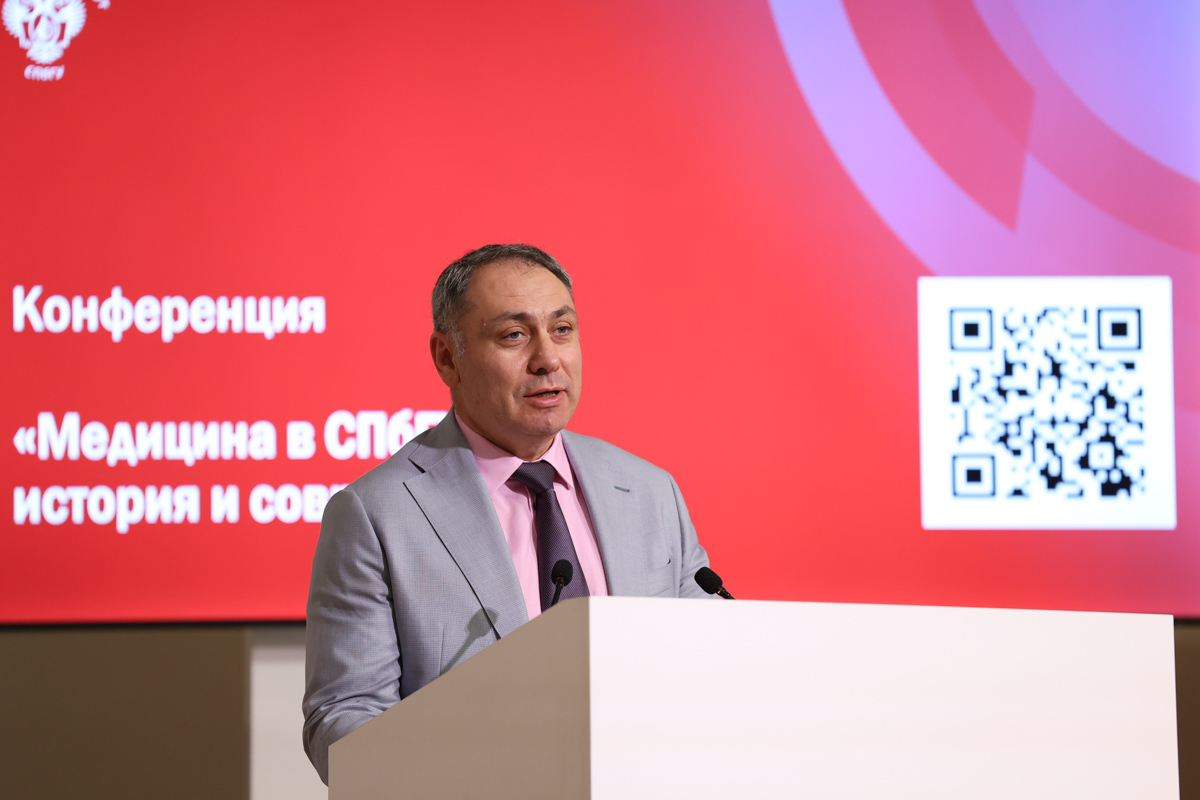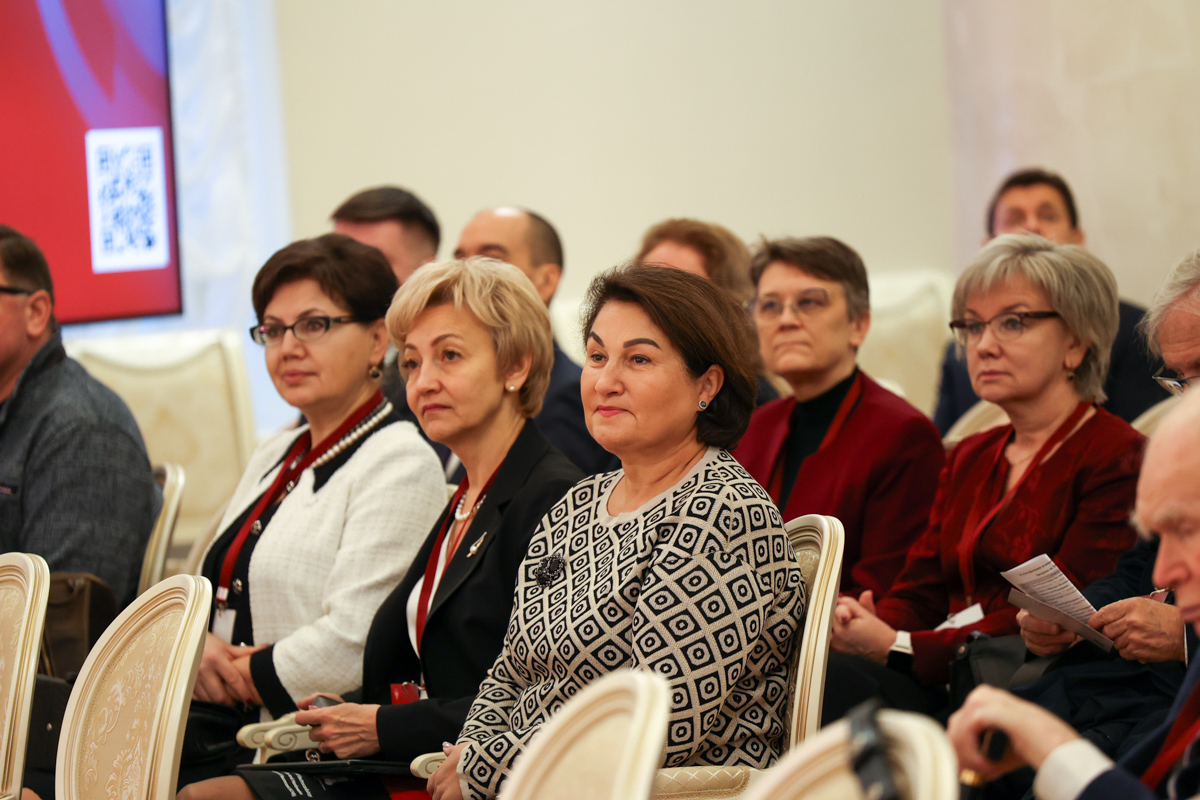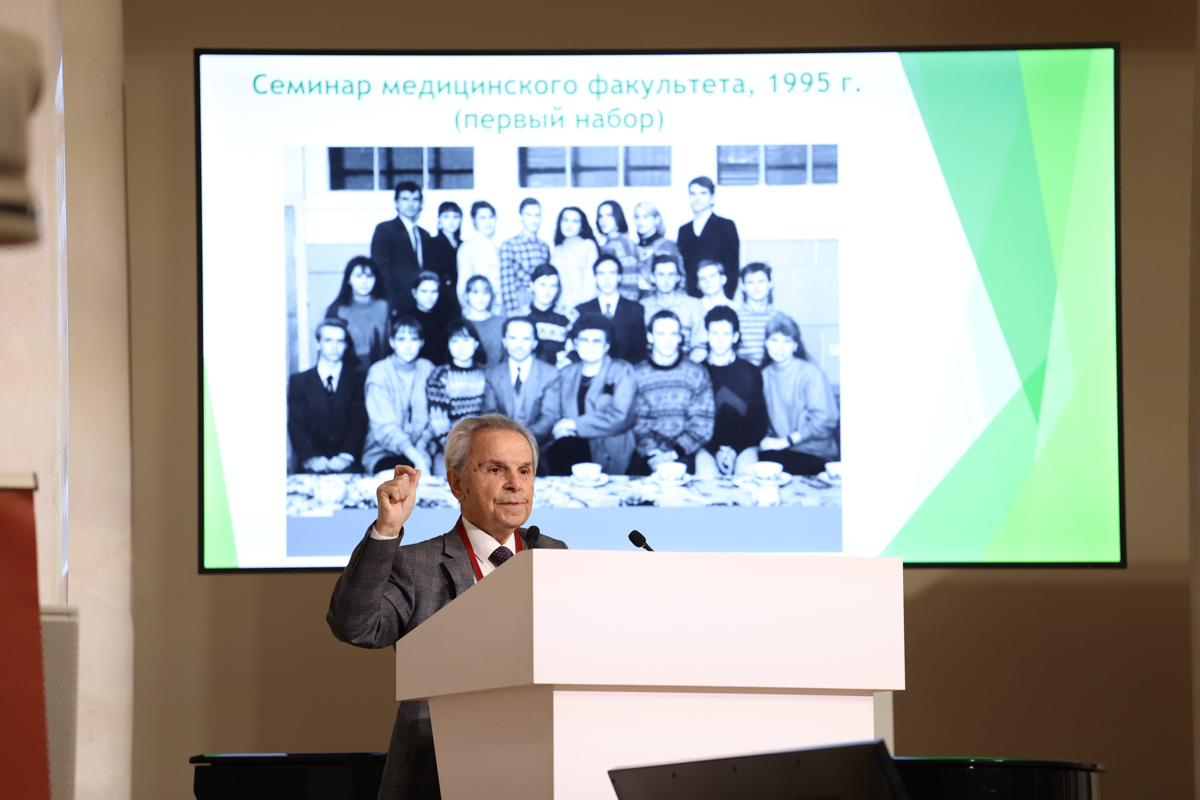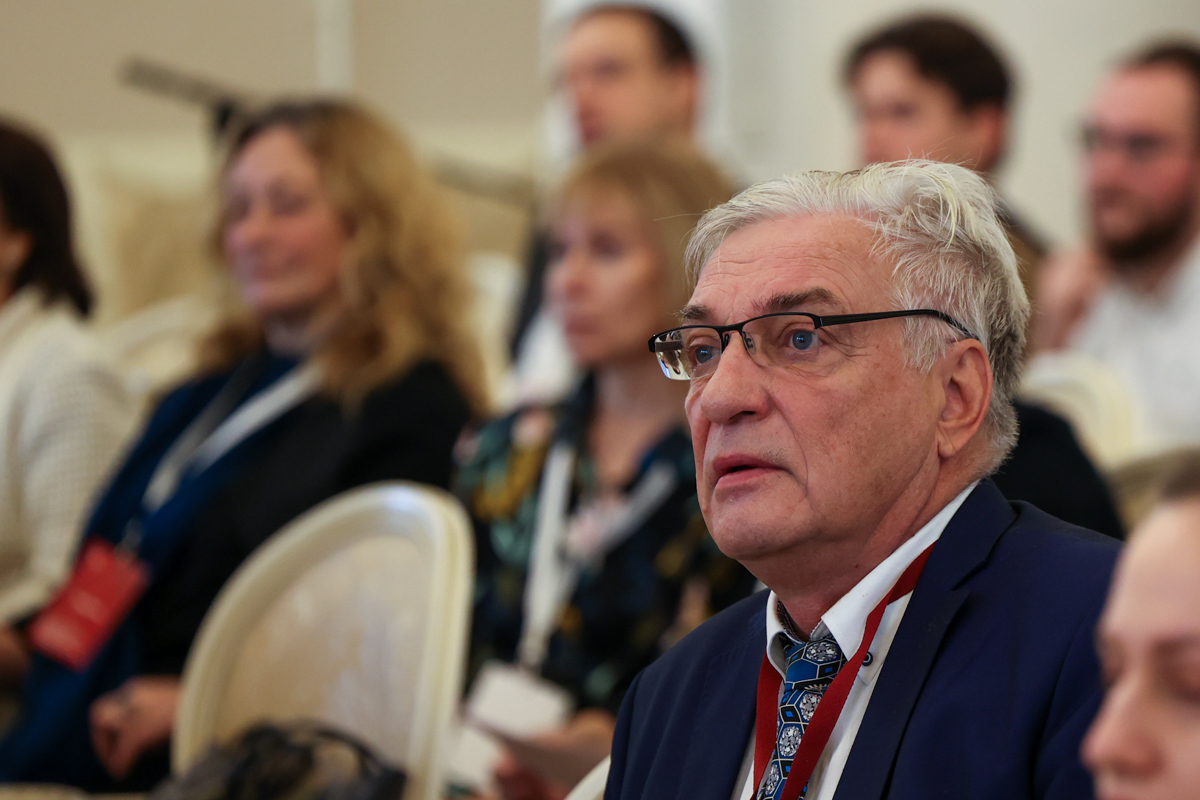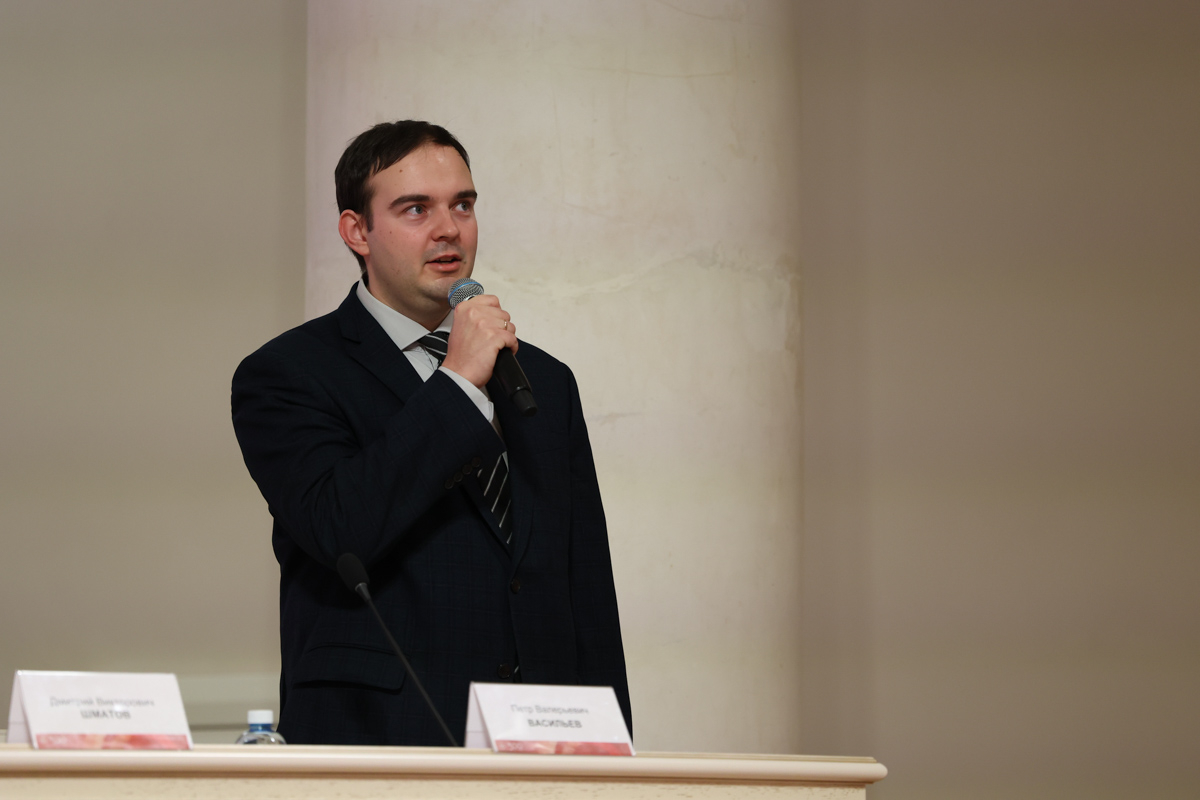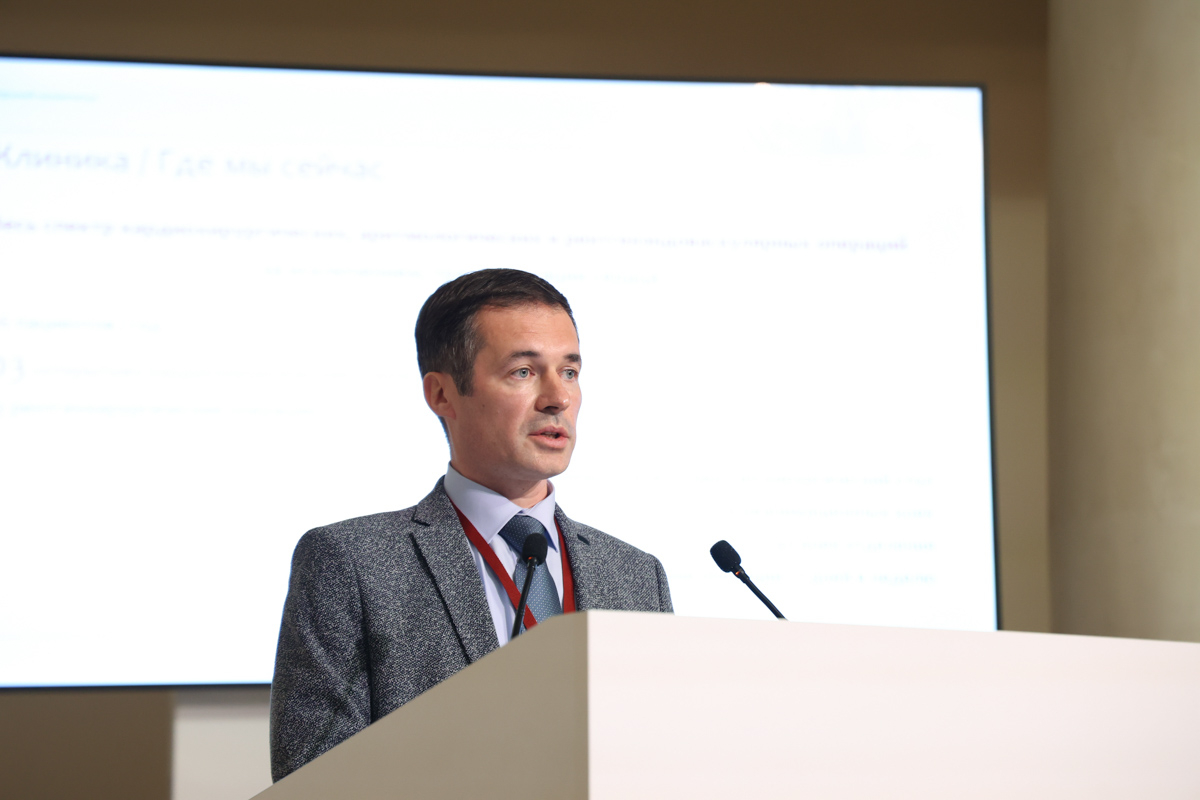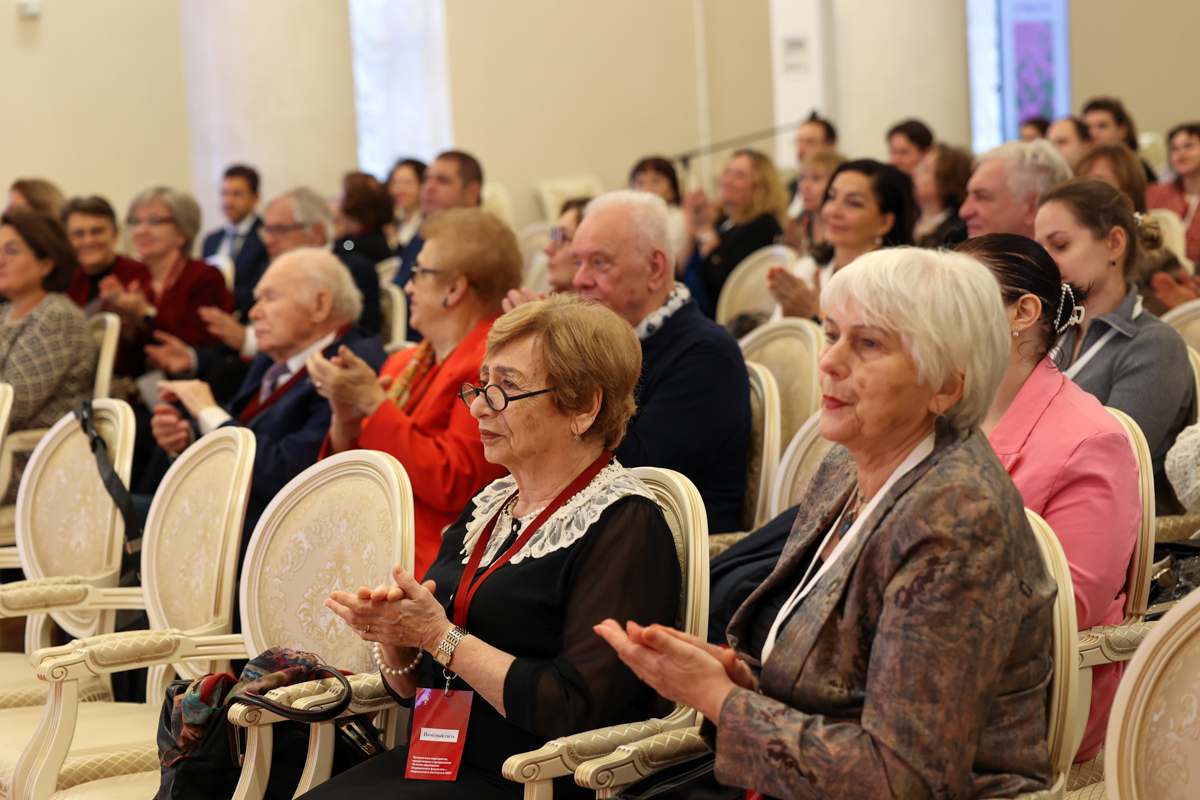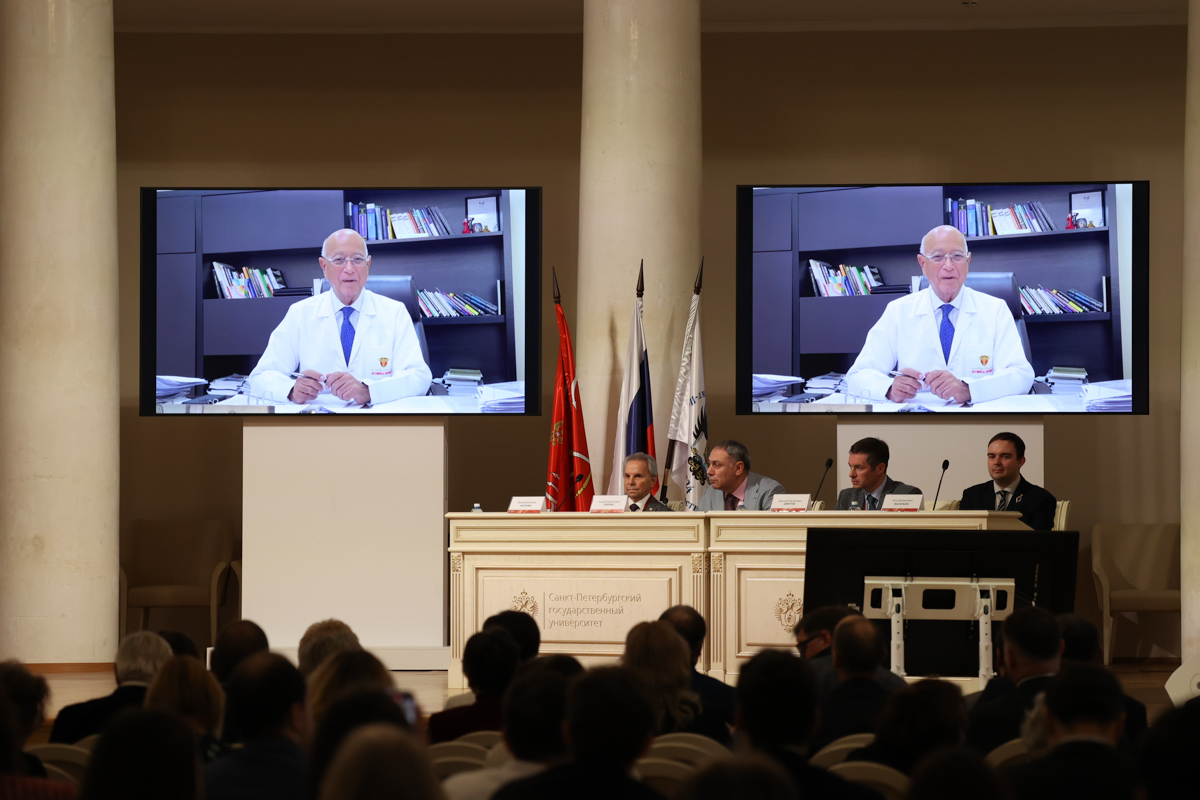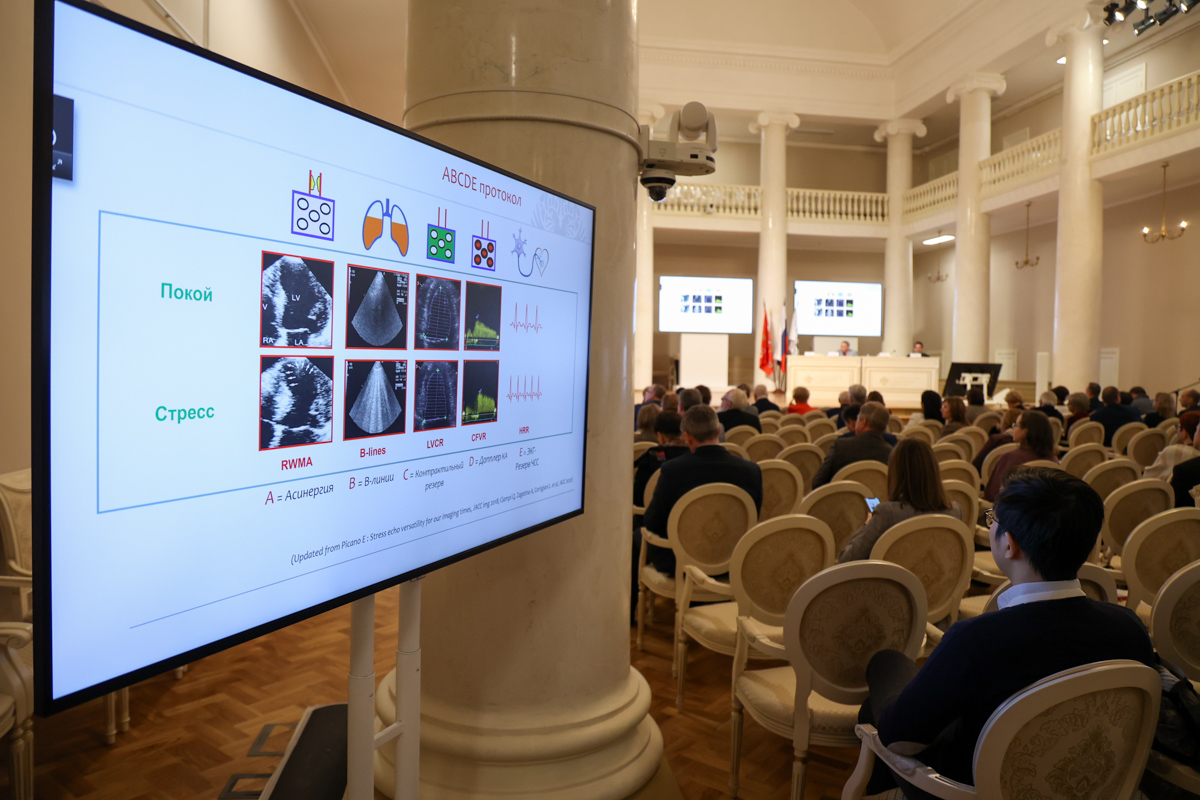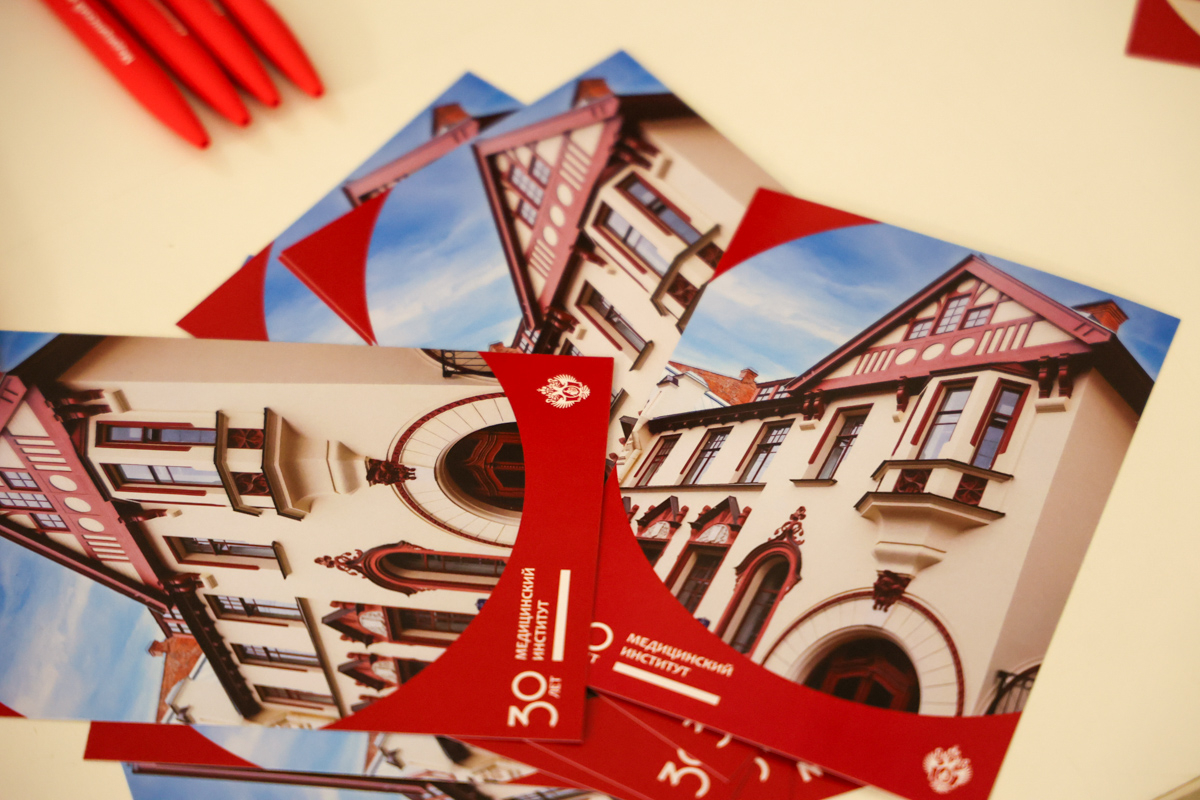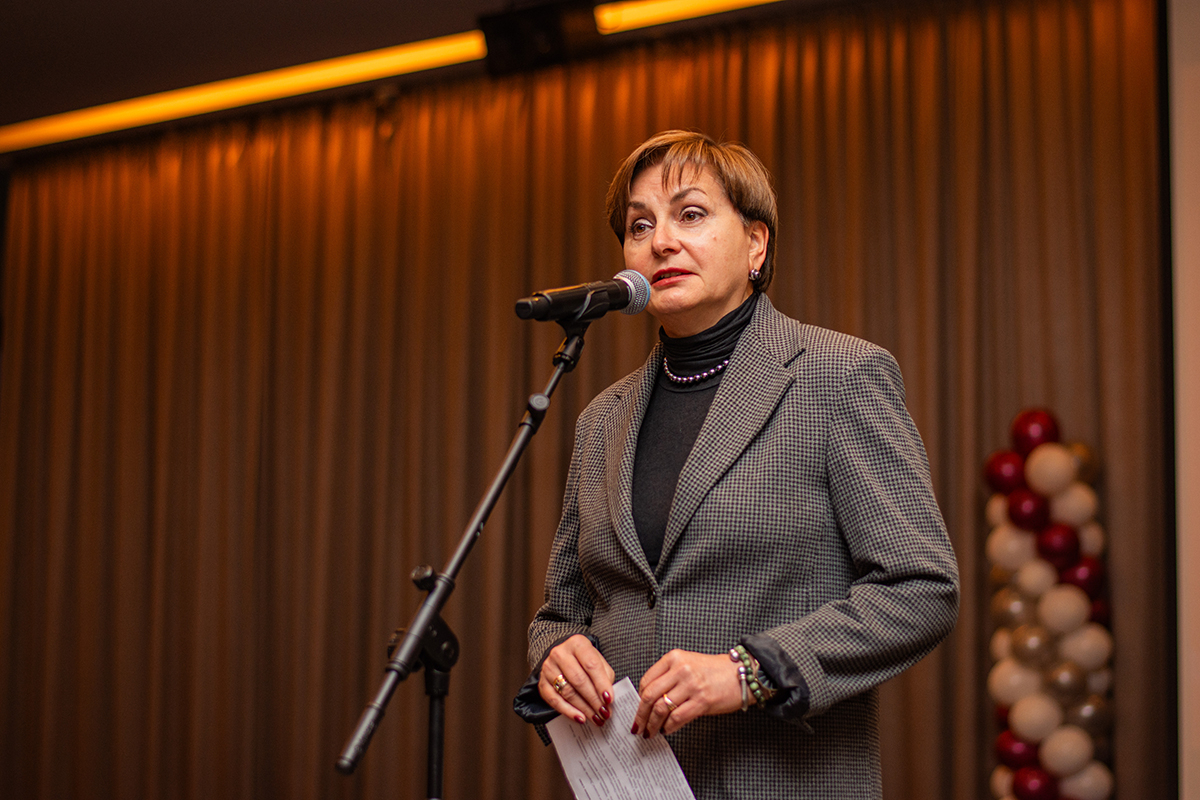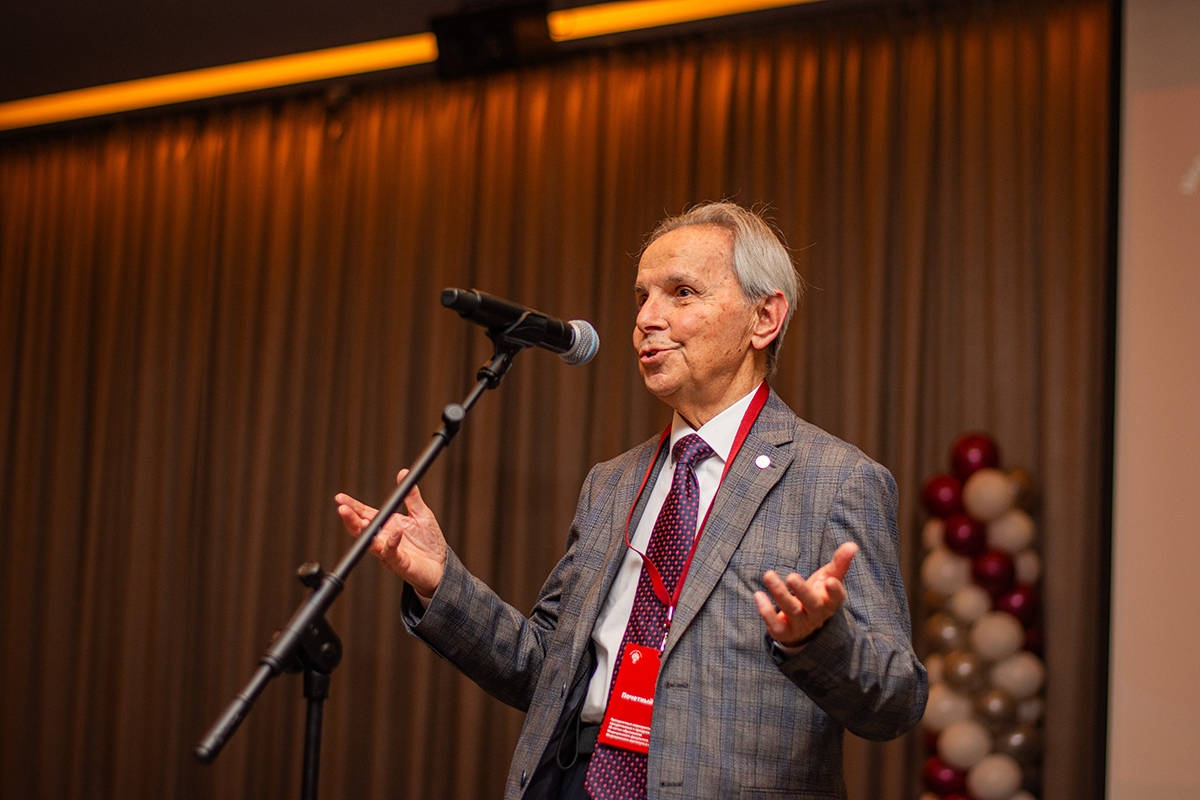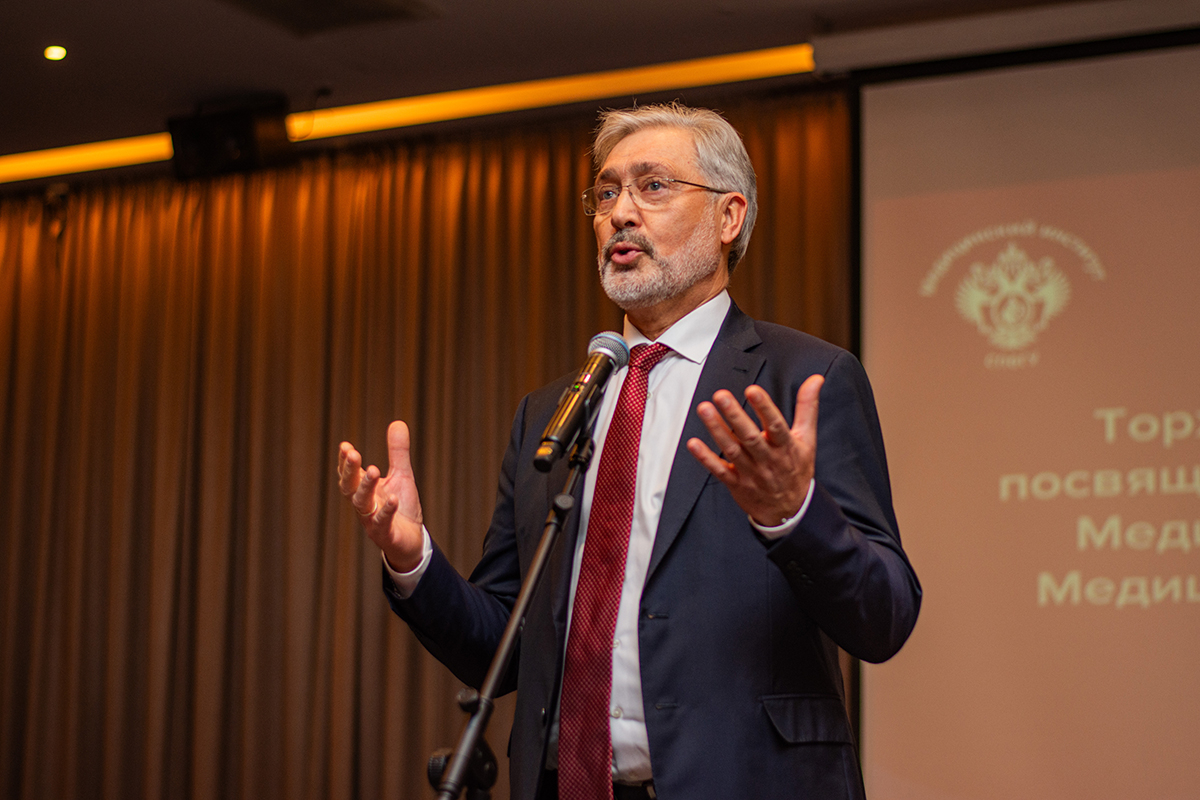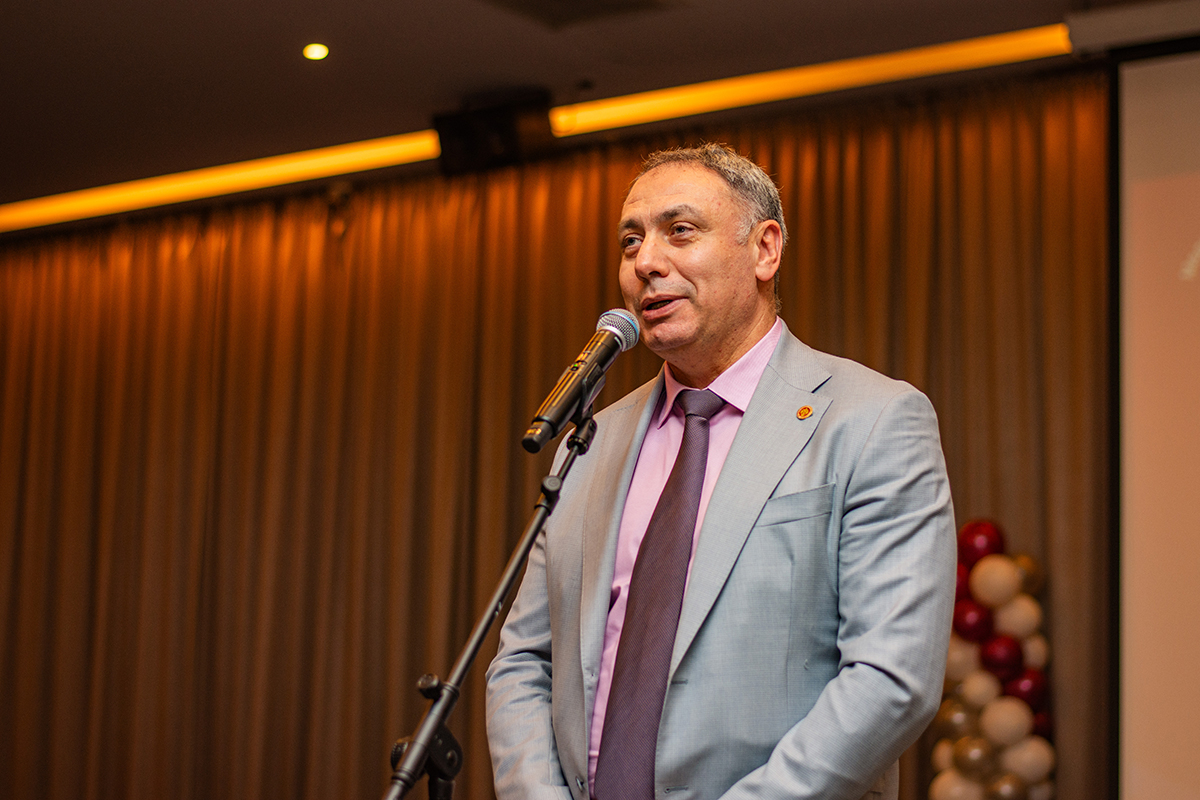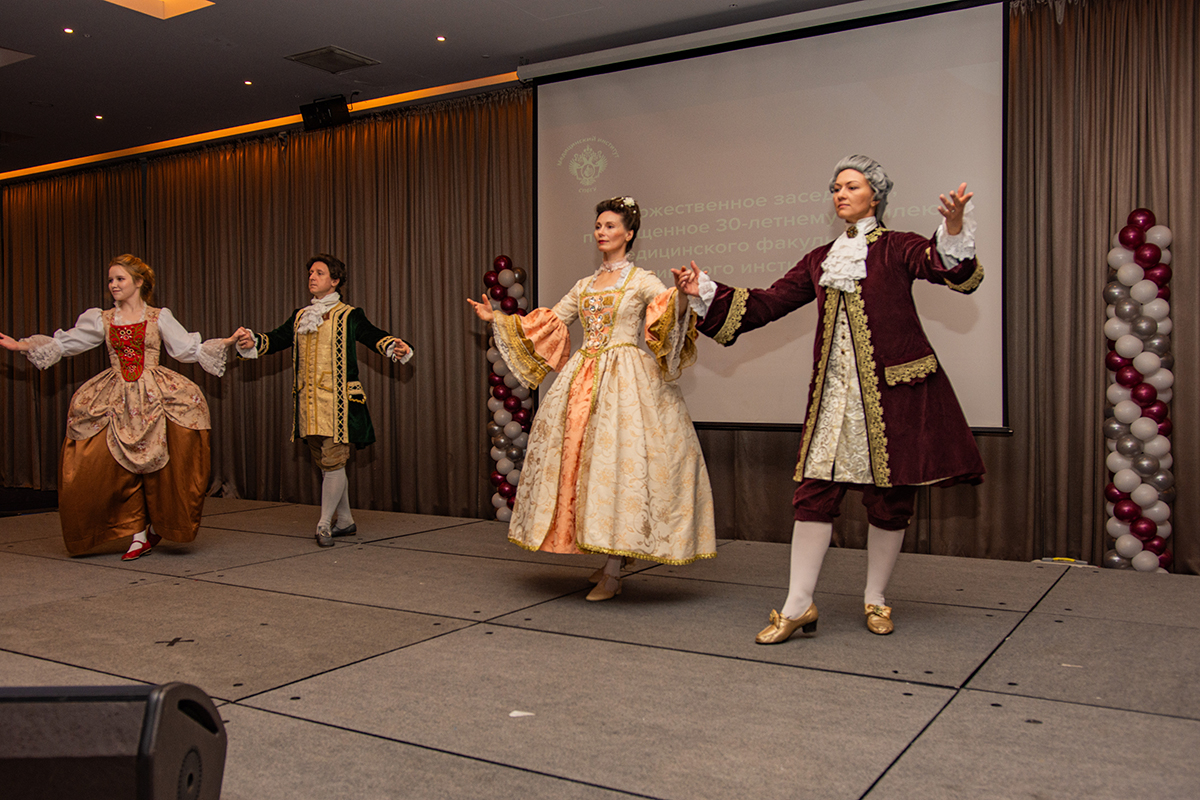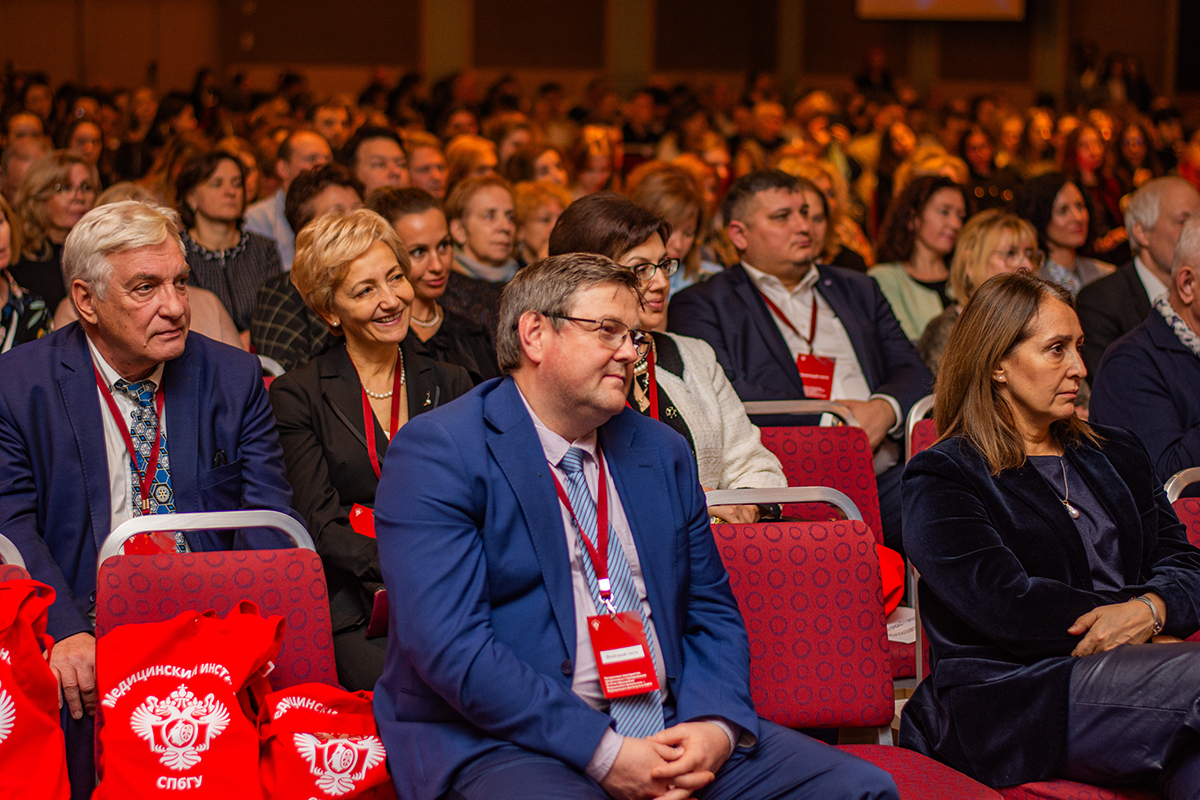St Petersburg University celebrates 30 years since the founding of the Faculty of Medicine
In the year of the 300th anniversary of St Petersburg University, the Faculty of Medicine celebrates its 30th anniversary. On 29 November 1994, the Academic Council of St Petersburg University made a decision to establish a medical faculty.
The business programme of events was opened by the conference "Medicine at St Petersburg University: history and modernity." Since the founding of the Faculty of Medicine at St Petersburg University, times have changed dramatically, many challenges have emerged, new medical devices, equipment, and tools have emerged, new materials and artificial intelligence are being introduced into medicine, said Sergey Mikushev, Vice-Rector for Research at St Petersburg University. All these processes lead to ever-increasing demand on the medical profession. Sergey Mikushev wished the Institute of Medicine at St Petersburg University to develop at an accelerated pace and train specialists who will be able to respond to the most complex challenges.
The Institute of Medicine at St Petersburg University received numerous congratulations from partners, friends, colleagues and graduates.
The plenary report at the conference was delivered by Yuri Natochin, Founding Dean of the Faculty of Medicine at St Petersburg University, Professor in the Department of Physiology at St Petersburg University, Member of the Russian Academy of Sciences. He recounted how it all began: "At the very beginning, we admitted only 25 people. The competition was three and a half to four people per place. It was the same as in any other medical university in the city. Four years later, the competition at the Faculty of Medicine at the University became more than ten people per place. It was higher than in other universities in the city, higher than for any other faculty of the University, including the most prestigious ones." The Faculty of Medicine developed quickly and very soon became a place for training the most talented students who were to become doctors.
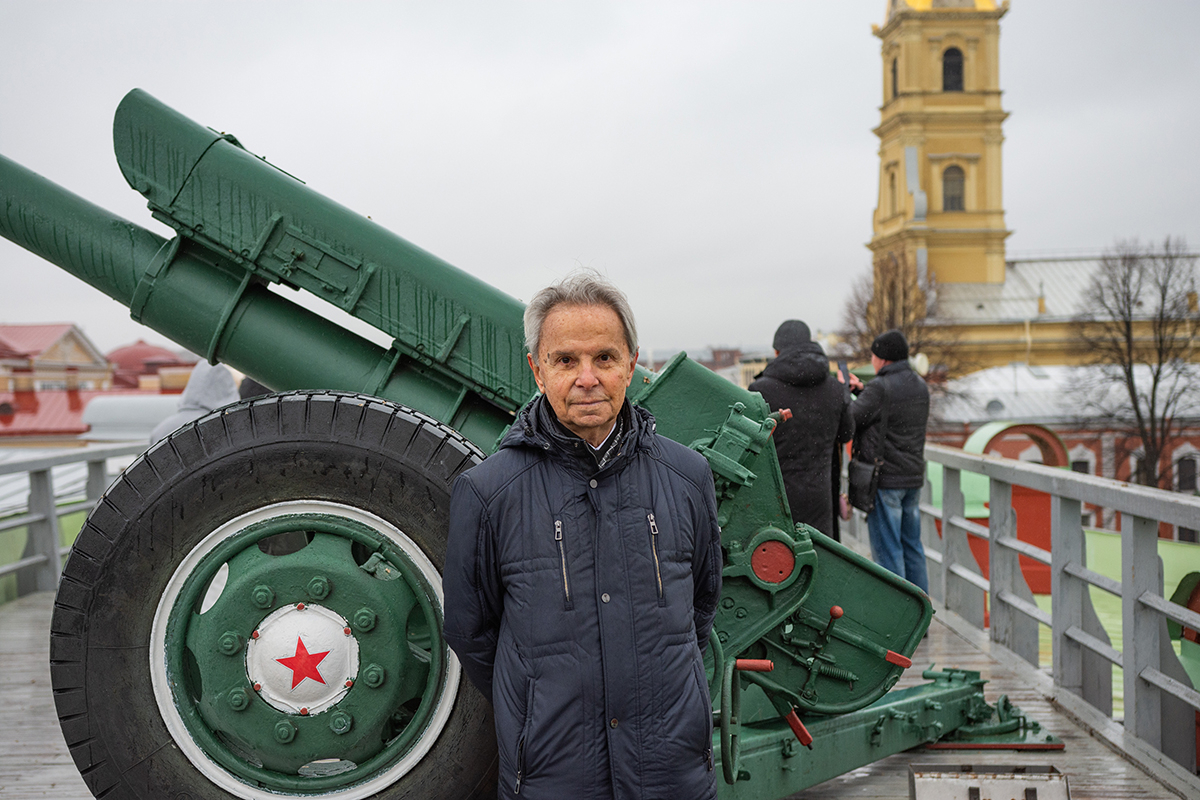
As early as the first year, immediately after admission, all students received topics for their future term projects, said Yuri Natochin. The faculty held seminars where students could communicate with the best representatives of the profession: educators, scientists, and doctors at St Petersburg. Then, we came up with an idea to introduce the conference "Homo and Health." We still hold this conference today, attracting more than 1,000 participants annually. Practical classes for students were organised in the leading hospitals and medical centres of the city, which became University clinical bases.
This principle, which has proven its effectiveness, is incorporated into the university medical education today. St Petersburg University has 82 agreements with clinical bases, said Andrey Sarana, Director of the St Petersburg University Institute of Medicine. Teaching is conducted according to its own educational standards. The University offers programmes of all levels of training: from non-university level higher education to clinical residency programmes. "Today, we have 1,838 students, 679 clinical residency students, and 97 doctoral students. We have opened programmes in general medicine, dental medicine, pharmacy, and nursing. Several years ago, we opened a branch in Egypt, in the city of Cairo," said Andrey Sarana.
The Institute of Medicine was established last autumn. It is an academic and research subdivision at St Petersburg University that unites the Faculty of Medicine, the Faculty of Dental Medicine and Medical Technologies, the Medical College, and the Centre for Medical Accreditation.
The guests and participants in the conference were also welcomed by Professor Hossam Hamdy, Chancellor of the Gulf Medical University in the United Arab Emirates: "I am very pleased to congratulate St Petersburg University on its 300th anniversary and 30 years of medical education. The University has made a significant contribution to the development of science and education of outstanding scientists and discoverers, whose contribution is highly valued throughout the world. The presence of a medical school as part of such a large University is an undoubted advantage. The students we teach today will begin practicing in 2030. We do not know what the world will be like then, because technology and innovation are developing very rapidly, but we strive to give them the best education. I am confident that St Petersburg University can play an important role in the development of medicine and medical education."
Tatiana Semenova, Deputy Minister of Health of the Russian Federation, outlined the main trends in personnel policy in healthcare in her report. St Petersburg University is a worthy participant in all events held at the federal level within the framework of the implementation of personnel policy, said Tatiana Semenova. Today, as the Deputy Minister explained, human resources policy focuses mainly on forecasting which specialists will be needed in the long term, in what numbers and in what areas of medicine. It also focuses on how to retain specialists in the profession and prevent them from professional burnout.
The horizon for training a specialist is very long as it takes, as a rule, more than eight years, which means that the system needs to have a forecast of what the healthcare system will be like in the coming years in order to quickly respond to changes, said Tatiana Semenova.
Zalim Balkizov, Director of the Institute of Training of Medical Education Specialists of the Russian Medical Academy of Continuing Professional Education, presented a report entitled "Medical education. Traditions and innovations." He revealed the main trends in the training of future doctors, including simulation technologies, the use of artificial intelligence and immersive technologies.
Professor Dmitrii Shmatov, Head of the Department of Cardiovascular Surgery at the Institute of Medicine at St Petersburg University, spoke about the technologies to treat mitral insufficiency at the University clinic. The presentations were also delivered by undergraduate and postgraduate students in the University’s medical programme.
In honour of the anniversary, a midday cannon shot was fired from the Naryshkin Bastion of the Peter and Paul Fortress. The honorary right to fire the shot was given to Yuri Natochin. The ceremony brought together students at St Petersburg University. Among them were activists, winners of contest and medical Olympiads.
During the festive events, Irina Ganus, Senior Deputy Chairperson of the Committee on Science and Higher Education, conveyed a congratulatory address from the Governor of St Petersburg, Alexander Beglov. The Governor noted that the 30th anniversary is an important milestone in the history of medical education in our country. In a relatively short period of time, one of the leading institutions was opened. It combined the traditions of classical university education with an interdisciplinary approach to the training of highly qualified personnel for healthcare.
Marina Lavrikova, Senior Vice-Rector for Academic Activities at St Petersburg University, congratulated educators, students and graduates of the Institute of Medicine at St Petersburg University. She recalled the heated discussion that had been caused by the debate on whether medicine is serving medical goals or providing services. Despite the difficult discussions and convincing arguments, the medical community had come to the conclusion that medicine is serving medical goals, said Marina Lavrikova. She called the profession of a doctor the most noble of all professions.
Scientists, educators and administrative staff were awarded letters of gratitude from the Rector of St Petersburg University and the Committee on Science and Higher Education of St Petersburg. A concert was held at the end of the festive day.


